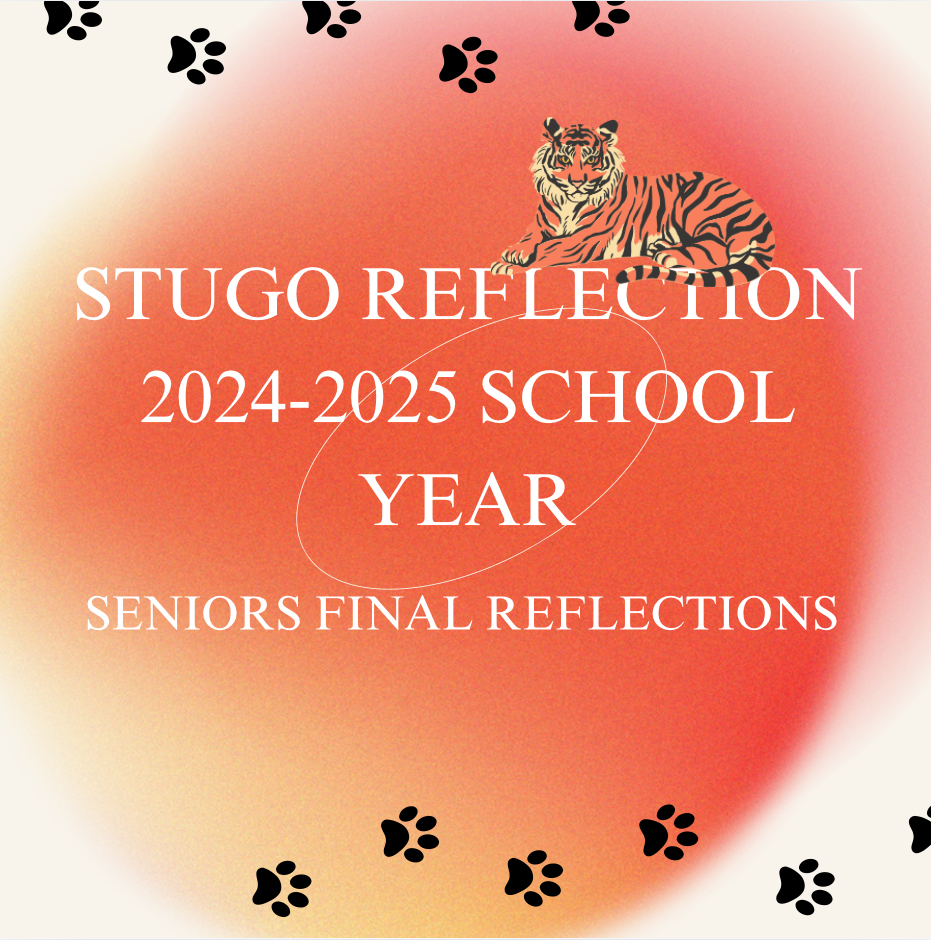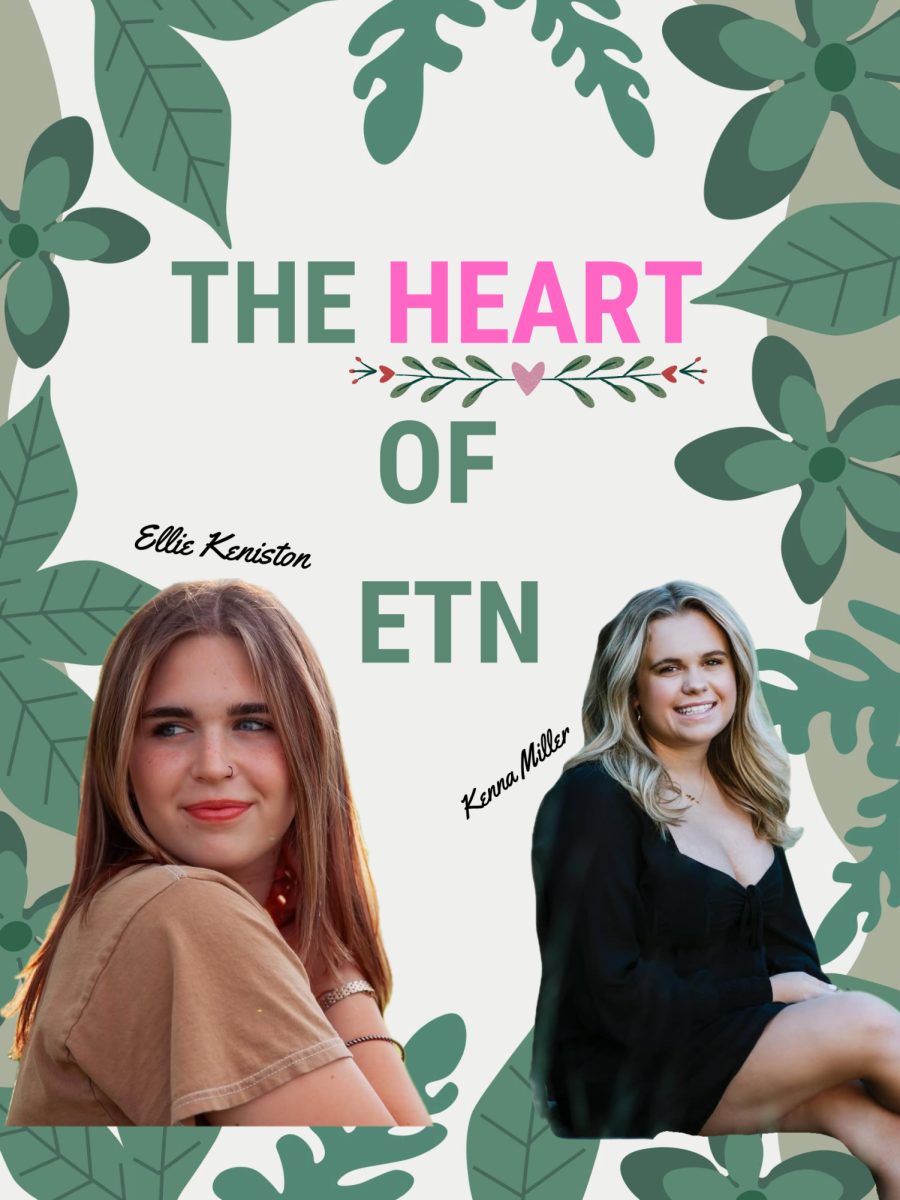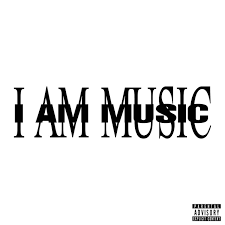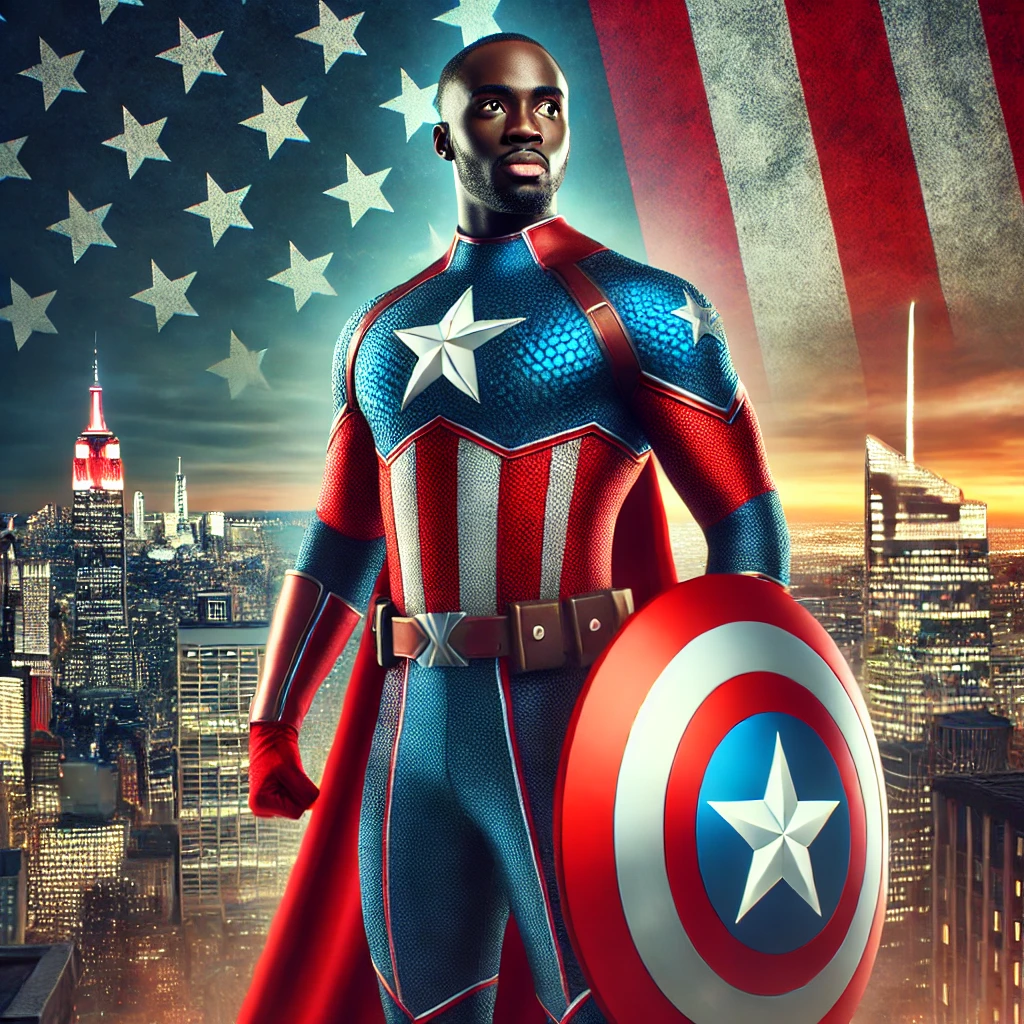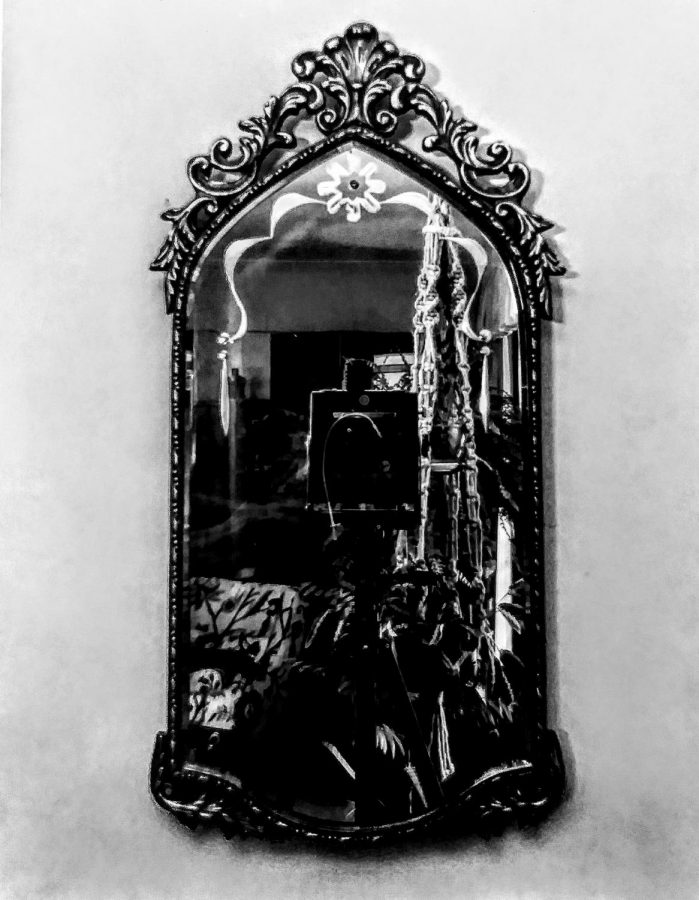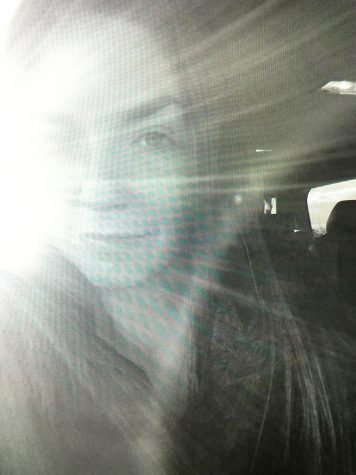Are Digital Photographs too Plentiful to be Meaningful?
Digital photography or analogue photography? Is one way of photography more meaningful then the other?
December 6, 2018
Some would say that 40 years ago photographs went from meaningful to plentiful due to the invention of digital photography, but do you think this is accurate?
Digital photography is a form of photography that uses cameras containing arrays of electronic photo-detectors to capture images focused by a lens, as opposed to an exposure on photographic film, according to Wikipedia. To some of us that is how it has always been, but to most, digital photography is just another form of what used to be analogue photography. Photography had been a chemical process for 150 years before digital photography took over and made film seem abnormal. Analog photography is photography that uses a progressively changing recording medium, which may be either chemical process based (photographic film or plate) or an electronic process (Vicodin or CCD sensor). From there, the latent image is subjected to photographic processing, which makes it visible and insensitive to light. Analog photography is film, for those of you that have no idea what that means.
There are many advantages to both analogue photography and digital photography. Digital photography is in no way a disgrace to photography, but digital photography certainly replaced film. Digital photography has many advantages, such as providing an instant photo within seconds of the exposure, which some photographers seek as a disadvantage. Digital photography allows a digital camera to adjust your light and clarity from the device without the hassle of having to create a setting for your photo. Many cameras offer built-in filters so you can edit your image directly on the camera. The fast capture allows you to take thousands of photos on a small memory card stored in the device itself. A digital camera generally weighs less than a film camera, making it more comfortable to take on travel, therefore giving photographers way more photo opportunities. Digital camera also allow you to select exactly which photos you want to print so you can have your photos as soon as possible with no mess.
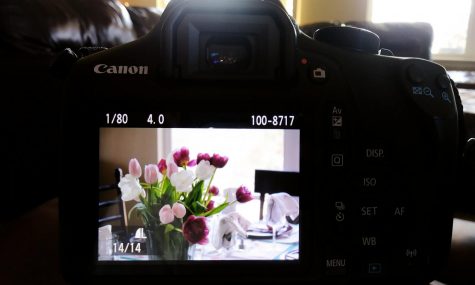
Digital Photography.
Digital photography has a lot of updated advantages only because analog photography, also known as film, was somewhat of a rough draft. However, analog photography has some advantages too, such as a higher dynamic range, and the film has the tendency to capture detail in black and whites that can not be reciprocated by a digital photo. Film is also more forgiving of minor focusing issues and exposure problems. Film can capture subtle details lost in digital photography. Unlike digital cameras, film cameras are proof of the future of photography and are unlikely to become obsolete. A new generation update to film is the Darkroom photo lab, which scans your film photos, allowing you to edit your images on a computer with photo-editing software or share via social media. The Darkroom photo lab gives you the culture of seeing your photographs developed in a dark room which can actually make your photos respectable and unique. Besides, there is no power or batteries needed. Long trips and cold conditions can be limiting for digital cameras, making film shooting more of an assured photo capture without the risks of a malfunction.
Photography is the art or practice of taking and processing photographs, but is that really all photography is? No, that is the physical definition. Photography is the art or practice of taking and processing photographs or memories or time stopped. Digital photography allows you to take photos without even thinking, but is it too plentiful to be meaningful? Do any of the photos mean something? There are so many photos taken on a digital camera that it does not show the memory or what you were trying to capture; unlike analog photography which requires you to think and set an angle or a main subject. People who look at film actually think about that at which they are looking, rather than just printing photos or snapping thousands of them on a computer screen or on a camera room memory card. You take thousands of photos on a digital camera almost hoping that one turned out the way you wanted it to and at least you got something, right? This chaotic and uncertain process makes photographs taken on a digital camera almost useless in the definition of photography, so is it worth it?
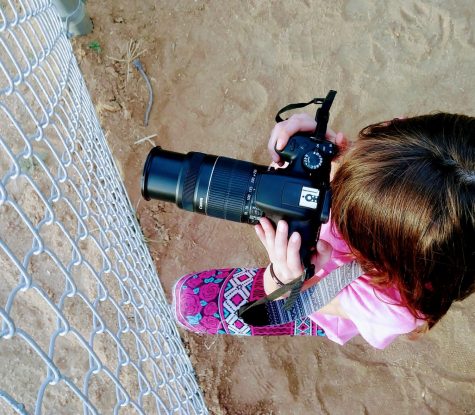
“I want to take photos that mean something.”-Justine Reid
One way of photography can weigh your options on how to take photos, and everyone is different and so is their influence on the photos that are taken. Yes, there are so many advantages to digital photography, but if you think about film, it is definitely worth the change. Your photographs become more meaningful and less plentiful when you start to think about which photographs you take and how you take them, rather than simply taking the photographs you think you are taking. Are your photos meaningful or just plentiful?




